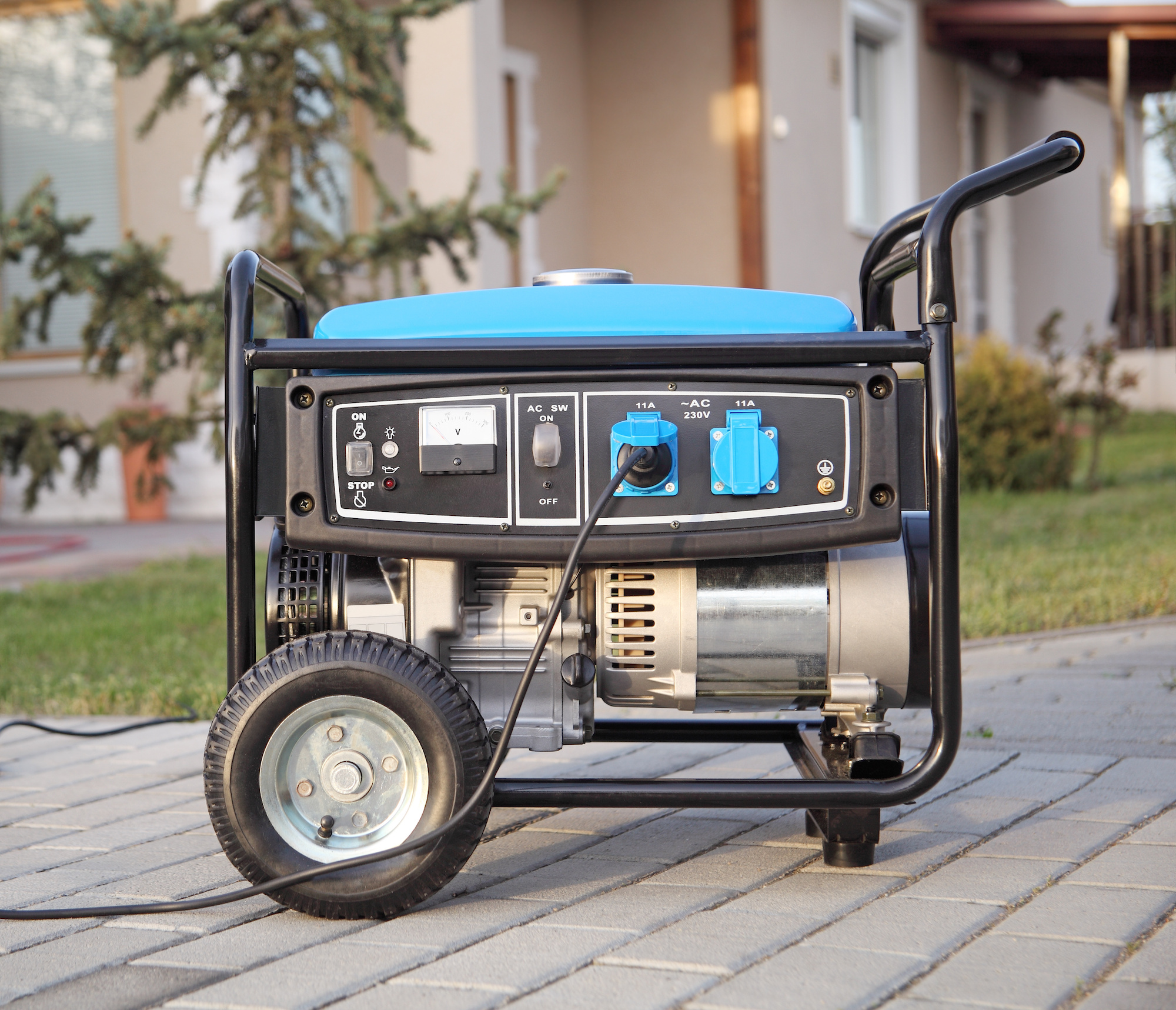Are you ready for hurricane season? For homeowners, it’s never too early to prepare! In Louisiana, hurricanes are most active during August and September. Characterized by high winds, heavy rain and often falling tree limbs, these severe storms cause many properties to lose electricity. The solution? Generators.
When used correctly, portable and standby generators are heroes during hurricane season. Despite keeping the lights on and AC going, generator use comes with significant safety precautions. Check out these tips to ensure you’re using your generator as safely as possible this hurricane season.
Carbon Monoxide Prevention
Portable generators produce poisonous carbon monoxide (CO), placing occupants at risk of exposure to a deadly gas. Odorless and colorless, CO is difficult to identify and can cause sudden illness and even death. Because of this hazard, it’s crucial to operate all generators outdoors.
To be safe this hurricane season, install a CO monitor in your home. Designed to warn you of any unusual build-up of CO in your home, these devices help keep you, your family and your pets safe from deadly CO exposure.
Generator Placement
As stated earlier, it’s important to never run generators in enclosed areas, including your home, garage, basement, etc. Instead, they should be operated outside of your living space. In fact, FEMA recommends placing generators at least 20 feet away from your home and downwind from open doors, windows and vents.
It is also important to always direct your generator’s exhaust away from your home and to place a fire extinguisher nearby. These practices will help prevent carbon monoxide from entering your home and limit your risk of a possible fire.
Properly Refuel Your Generator
Refueling a generator while it is hot can cause a serious fire. Before refueling your generator, turn it off and allow it to cool for at least 15-20 minutes. It is also important to never refuel your generator inside, as it is a fire hazard. Lastly, hold on to your generator’s manual and read it before refueling for proper guidance.
Conditions to Avoid Running Your Generator in
One of the primary hazards of using a generator is electric shock or electrocution. Never run your generator in rainy or wet conditions to avoid this painful and potentially deadly situation. Instead, American Red Cross recommends keeping your generator dry at all times by operating it on a dry surface under an open canopy-like structure. It is also crucial to never touch your generator with wet or damp hands.
Hurricane season is already dangerous enough. Make sure you’re taking all possible safety precautions this year to keep you and your family safe. Start your preparations now with Cajun Electric!
As a Generac Industrial installer, our experts are ready to help you find the best home standby generator for your needs. Contact us and start protecting your home today!

